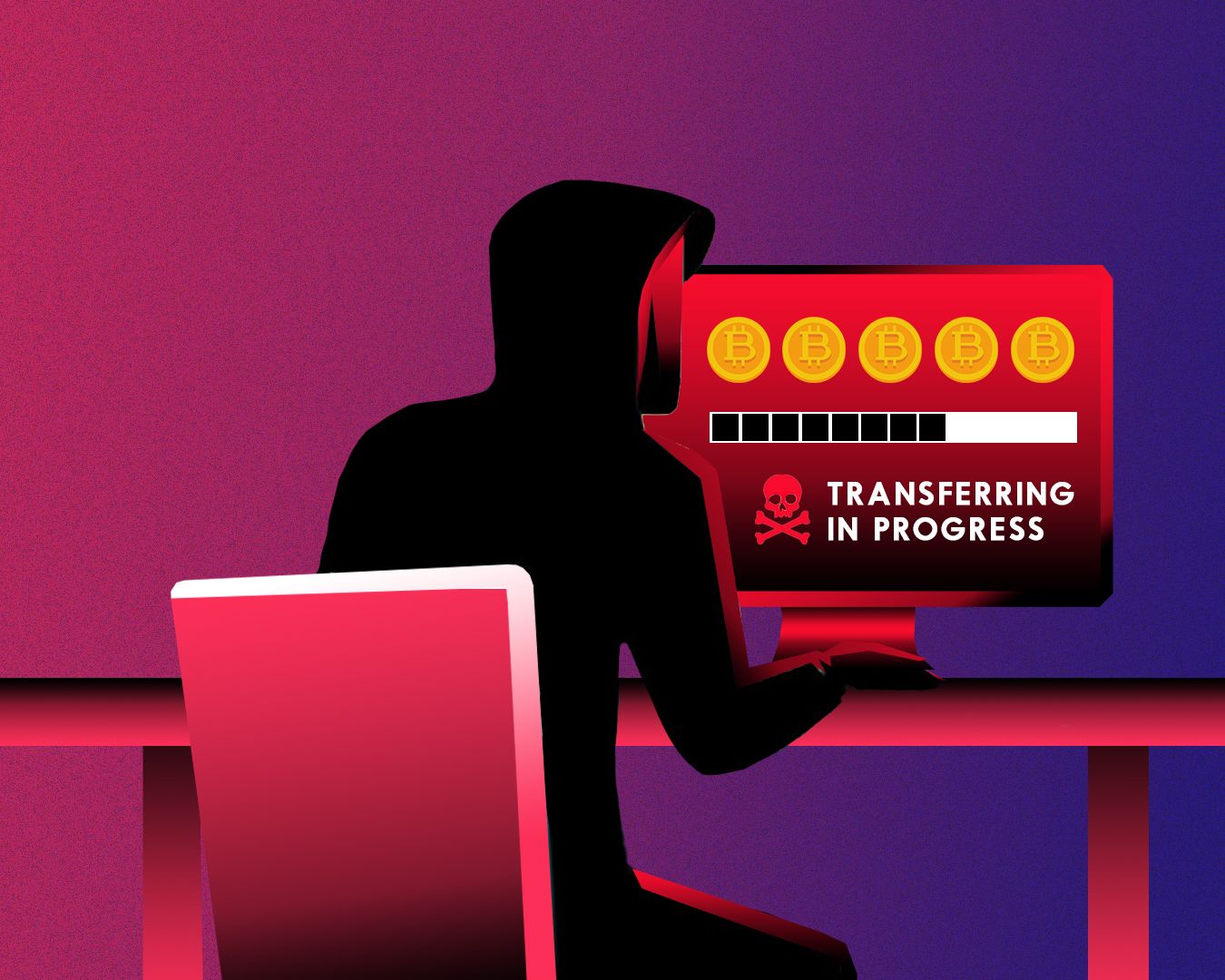They didn’t knock. They didn’t break in. They didn’t even need your name. All they took was your wallet address and a little trust in yours to succeed in crypto scams on the dark web. And just like that, your crypto was gone. Also, it’s not unusual because this is how it happens every day on the dark web. You don’t see them coming until your balance hits zero.
While cryptocurrencies like Bitcoin and Monero were built to offer privacy and freedom, they’ve also become the perfect tools for scammers. If you’re even curious to know how to access the dark web, or if you have already explored it, this article is your wake-up call to be aware and look around the crypto scams.
What are Crypto Scams on the Dark Web?
Many individuals prefer cryptocurrency on the Hidden Wiki and the dark web. Because they are decentralized, untraceable, and irreversible, that means no bank or authority controls them. But scammers use many different tactics to steal digital assets. Moreover, the usual traditional scams, the dark web schemes are hard to trace, report, and leave victims without a single hope of recovery. And if your crypto is gone in a dark web scam, it means it’s gone forever.
5 Popular Crypto Scams on the Dark Web
Here we have mentioned some of the most common, devastating, and shocking scams happening in the hidden corners of the internet:
1. Many Fake Marketplaces
Many dark web users turn to hidden marketplaces to buy or sell goods using crypto. These markets look professional and promise secure transactions in the start. But these are simply the most well-planned traps. Also, you may place an order and send your Bitcoin, only to realize that the site vanishes the next day, along with your coins.
2. Exit Scams
This is one of the oldest and popular tricks on the dark web. A marketplace builds trust, gains hundreds of users, and processes thousands of transactions. Then suddenly — boom — you know what happens after that? It disappears and takes away every user’s crypto with it. The infamous AlphaBay and Evolution Market were once trusted platforms before they pulled multi-million-dollar exit scams.
3. Impersonation and Clone Sites
Scammers often create fake versions of popular dark websites. These look identical to the real ones, but when you try to make a transaction or log in, your credentials and crypto wallet info become stolen data in seconds. It seems like walking into a trap that’s designed to look like the real door.
4. Fake Investment Opportunities
Scammers sometimes pretend as crypto experts who are offering high-yield returns on investment. They’ll show you fake screenshots, testimonials, or even let you withdraw small amounts to build trust. Once you invest a big chunk, they cut all contact. These scams are especially common in forums or private message groups on the dark web.
5. Ransomware and Data Sales
Another side of dark web crypto scams involves ransomware. Hackers infect your device, lock your files, and demand crypto in exchange for the decryption key. Or worse, they threaten to sell your data on dark web forums if you don’t pay.
How Crypto Scams on the Dark Web Take Place
Behind every crypto scam on the dark web is a person who thought they were making a smart move. Maybe they were exploring for curiosity, looking to score a deal, or trying to stay anonymous online. Instead, they walked into a digital nightmare.
Stories of people losing their entire Bitcoin holdings, being blackmailed, or having their identities sold are becoming increasingly common in today’s world. One man shared how he lost $8,000 in Monero after trusting a so-called “verified” vendor on a hidden marketplace. One more victim paid a ransom in Bitcoin to unlock sensitive data, only to find out later that the hacker had disappeared without returning access.
Tips to Protect Yourself From Crypto Scams on the Dark Web
If you have decided to explore the dark web for research, privacy, curiosity, or any purpose, then you must take precautions and protect yourself from dark web scams. Here are a few tips to keep your crypto (and your identity) safe on the dark web:
- Use the Tor browser to keep your activities hidden on the dark web
- Use a reputable VPN for the hidden wiki or the dark web so that no one can trace if you made any transactions.
- Double-check URL addresses on onion directories to avoid scams.
- Never share your private keys, any type of information, or wallet credentials with anyone.
- Do not invest in any schemes that guarantee huge returns.
- Use escrow services only if they are trusted by the wider community (though even those can go rogue).
- Keep your identity completely private. No emails, real names, or social media should be linked to the dark web.
Final Thoughts
The dark web is filled with traps hidden behind layers of anonymity and crypto transactions. However, cryptocurrencies like Bitcoin and Monero offer freedom and privacy, but they also open doors to exploit that freedom for criminals.
Undoubtedly, crypto scams on the dark web are growing traps, and once you’re caught, there’s no customer service, no police report, and no refund. So before you send that coin, make sure you’re not sending it into a black hole.
